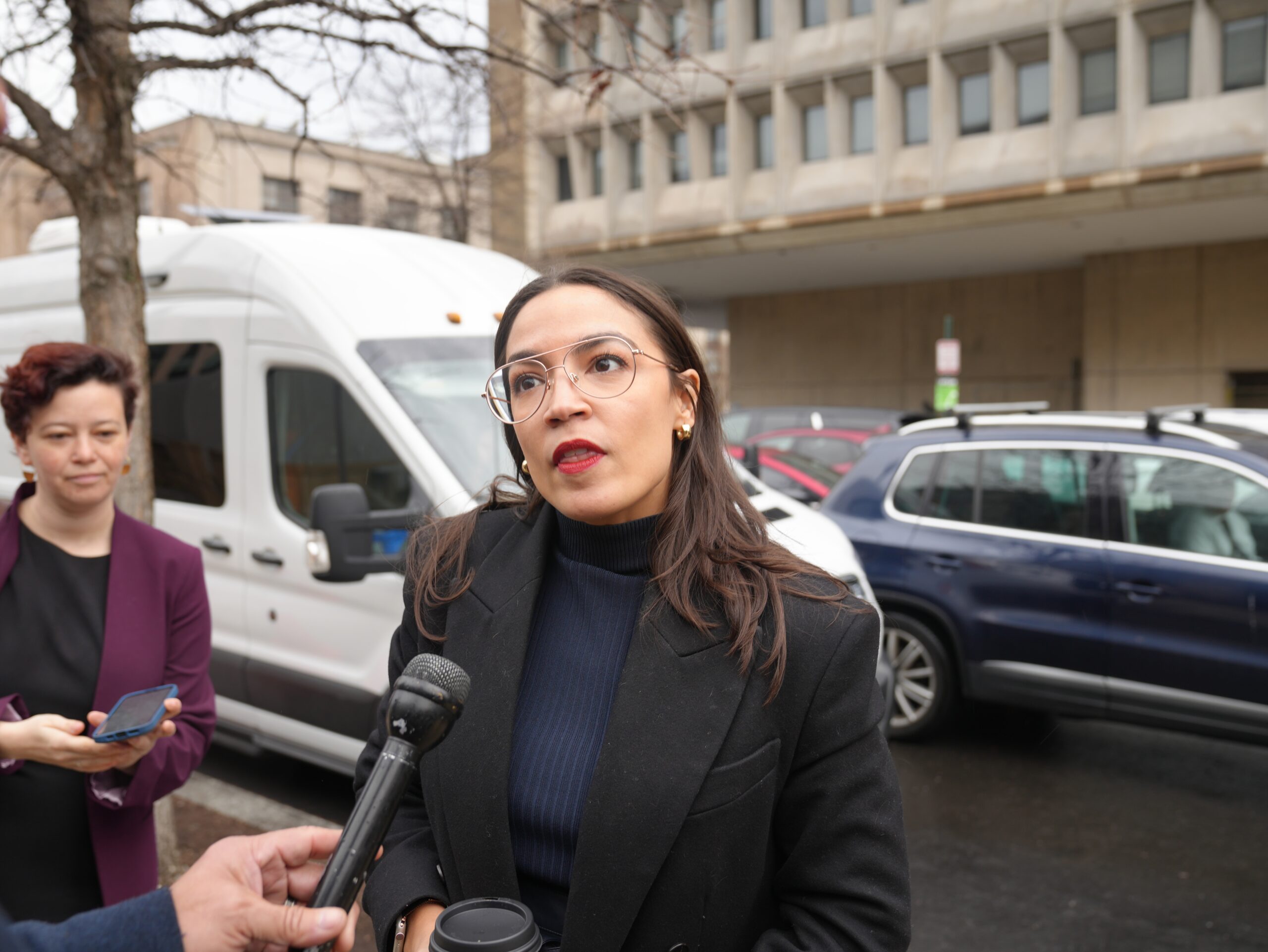El Salvador’s political landscape faces scrutiny as President Nayib Bukele’s government arrests prominent critics, sparking fears of eroding democratic freedoms.
At a Glance
- Enrique Anaya, a vocal critic of Bukele, arrested for money laundering.
- Human rights organizations call the arrest an attempt to silence opposition.
- Bukele’s popularity raises concerns about reduced civil liberties.
- El Salvador’s constitution prohibits successive terms, but Bukele gains re-election.
- Anaya fears imprisonment for criticizing the government.
Anaya’s Arrest and Its Implications
Enrique Anaya, a seasoned constitutional lawyer in El Salvador, has been arrested on charges of money laundering, raising concerns about the true motivations behind such legal actions. Anaya, a vocal critic of President Nayib Bukele, has accused him of authoritarianism, referring to him as a “dictator.” Human rights organizations argue that Anaya’s arrest is politically motivated, aimed at silencing Bukele’s detractors.
International observers and local critics have raised alarms as similar arrests, such as that of Ruth Lopez on unrelated embezzlement charges, are perceived as moves to suppress dissent. President Bukele enjoys broad popular support, largely due to his tough stance on crime, yet these actions have triggered fears of diminishing civil liberties among the Salvadoran populace. The situation highlights a deepening divide between Bukele’s government and its critics.
Bukele’s Political Maneuvering
Bukele’s re-election in 2024, following a controversial Supreme Court decision permitting successive terms, further complicates the political landscape. Despite widespread international criticism, Bukele continues to dismiss accusations of autocratic tendencies. His administration claims legal actions against critics are warranted, citing threats of corruption among opposition members. Such statements bolster fears that legitimate criticism is being conflated with political opposition.
“I don’t care if they call me a dictator. I’d rather be called a dictator than see Salvadorans killed in the streets.” – Nayib Bukele.
Despite Bukele’s assurances, observers note a concerning pattern: those outspoken against the administration, like Anaya, now face legal reprisals. The international community remains vigilant, monitoring El Salvador’s evolving political climate and the potential implications for freedom of speech within the country.
Voices of Dissent Amidst an Uncertain Future
Anaya’s recent statements reflect a climate of fear among critics, who worry about repercussions for opposition. In a public appearance before his arrest, Anaya noted, “Here, whoever speaks, whoever criticizes, whoever does not kneel before the idol, gets imprisoned. Of course, I am afraid.” Such sentiments resonate with many Salvadorans and international observers alike, who remain wary of future actions by Bukele’s administration.
“Here, whoever speaks, whoever criticizes, whoever does not kneel before the idol, gets imprisoned. Of course, I am afraid.” – Enrique Anaya.
The next steps for El Salvador remain critical, as President Bukele balances public approval with growing skepticism. Support from his base may empower his policies in the short term, yet continued suppression of dissent risks long-term consequences for the nation’s democratic institutions. The global community watches closely, hoping for a reclaiming of civil liberties in El Salvador.







